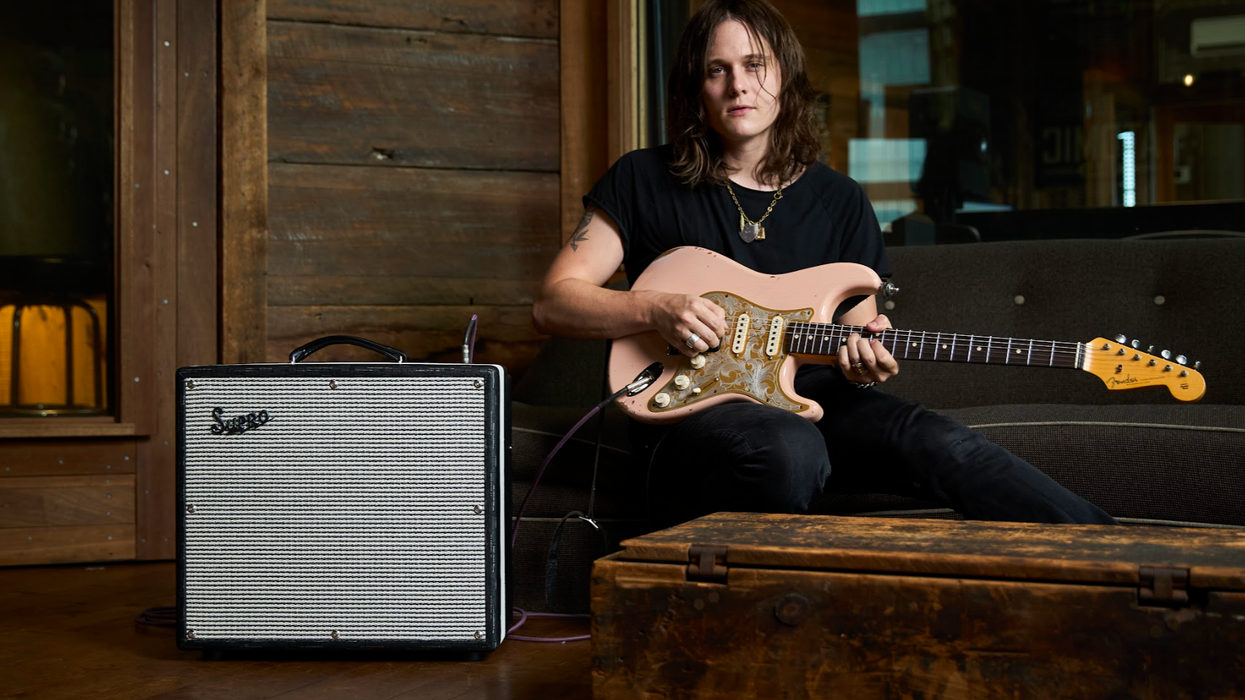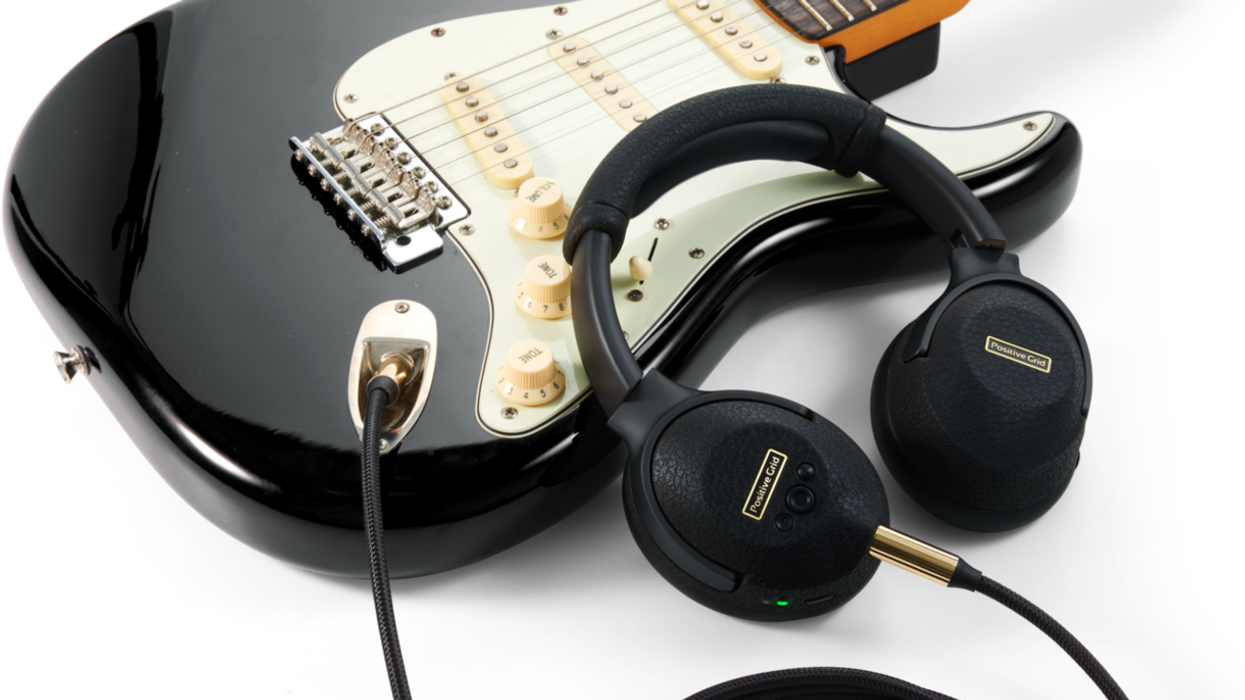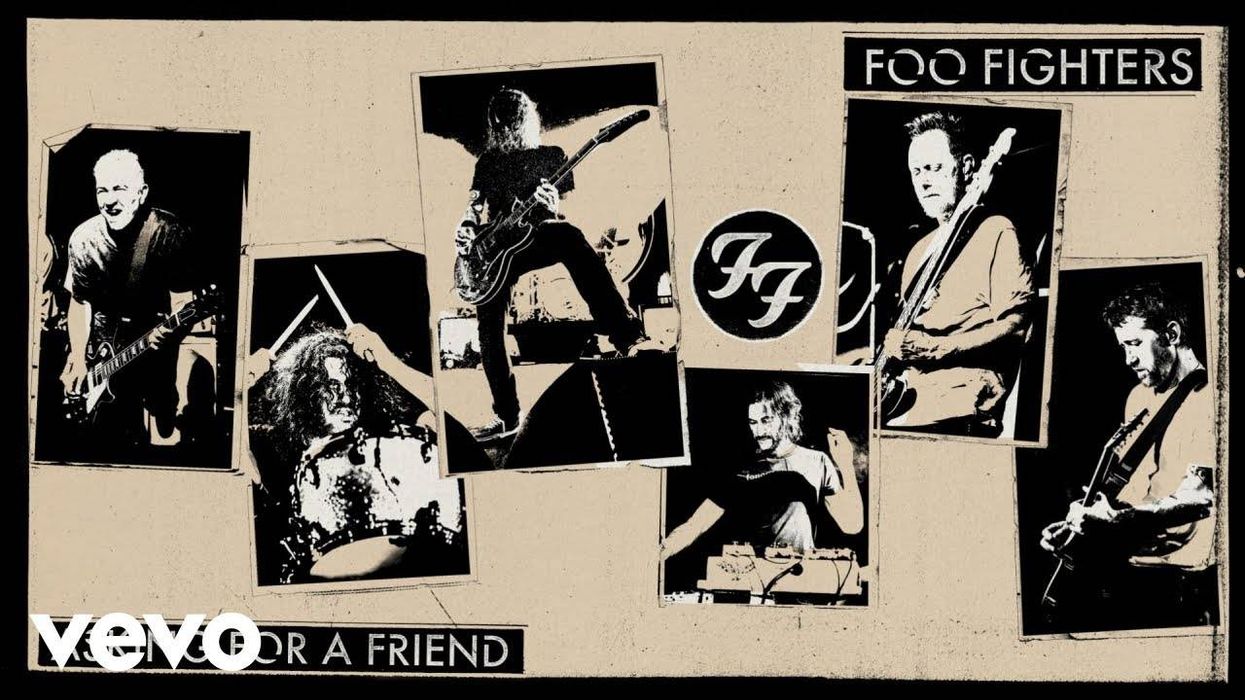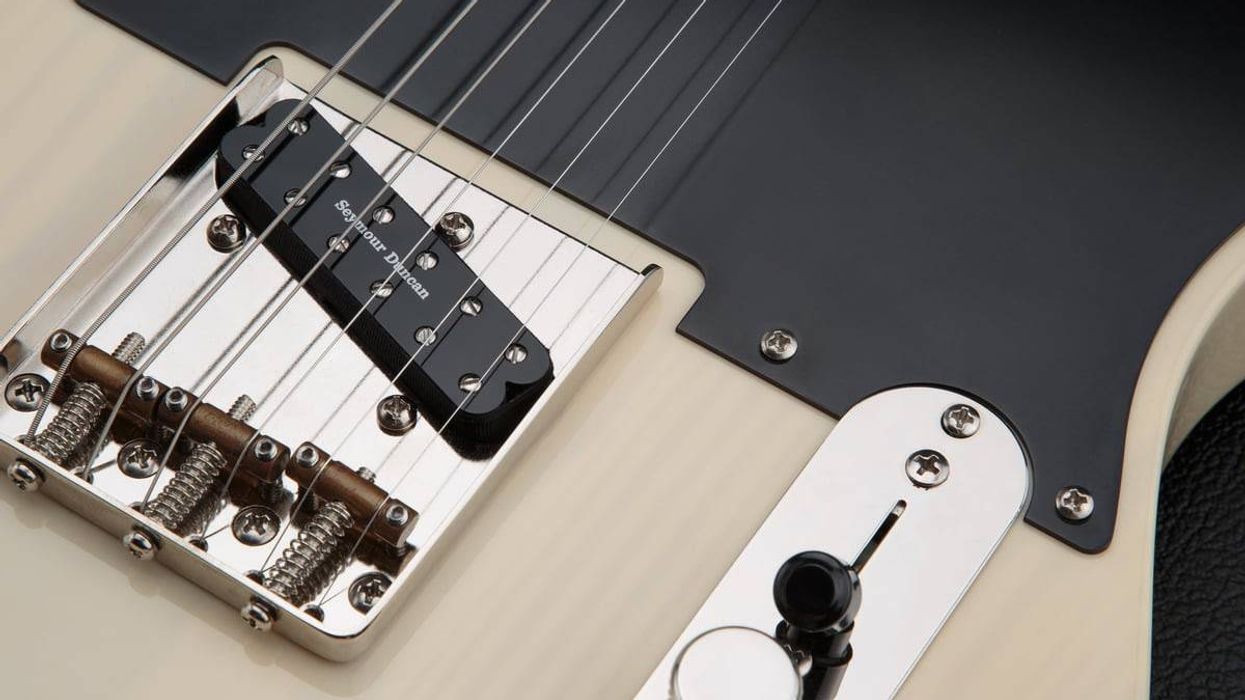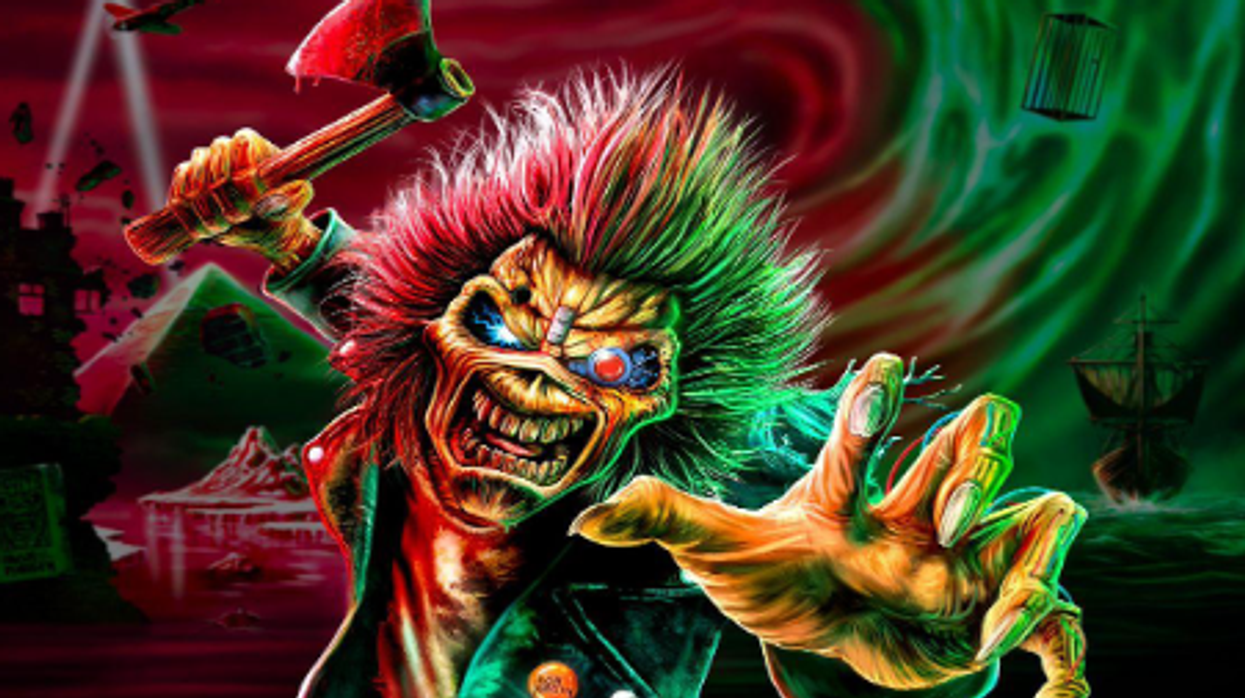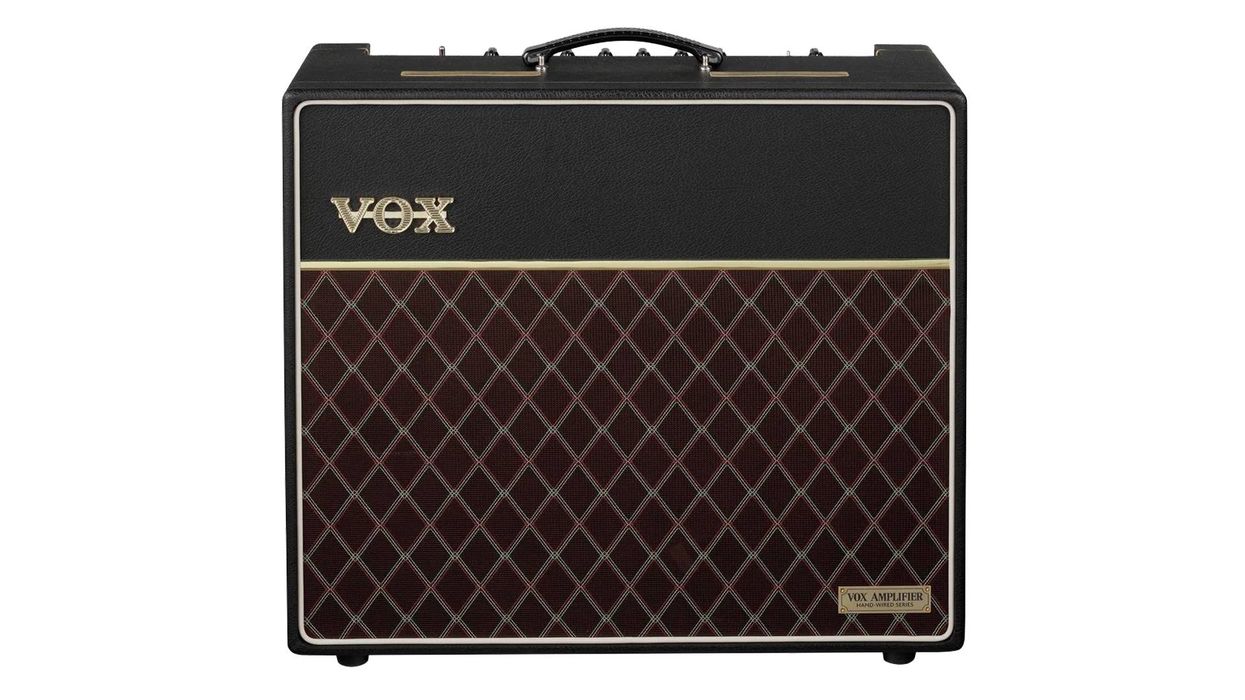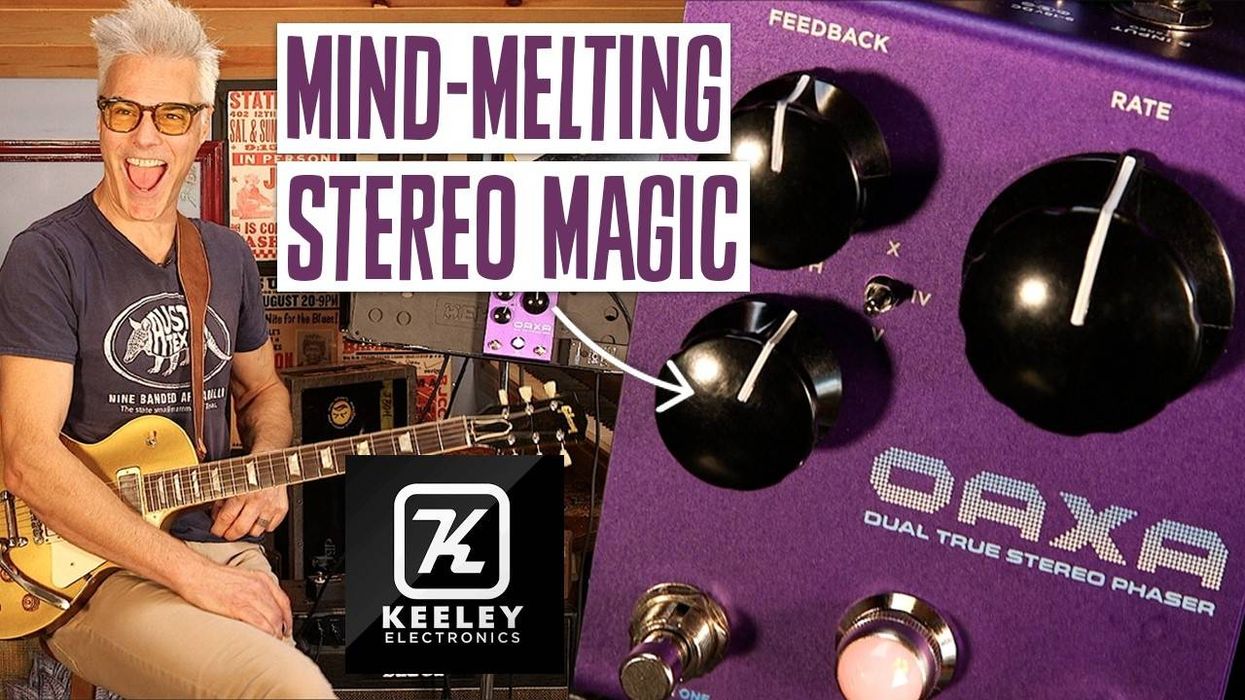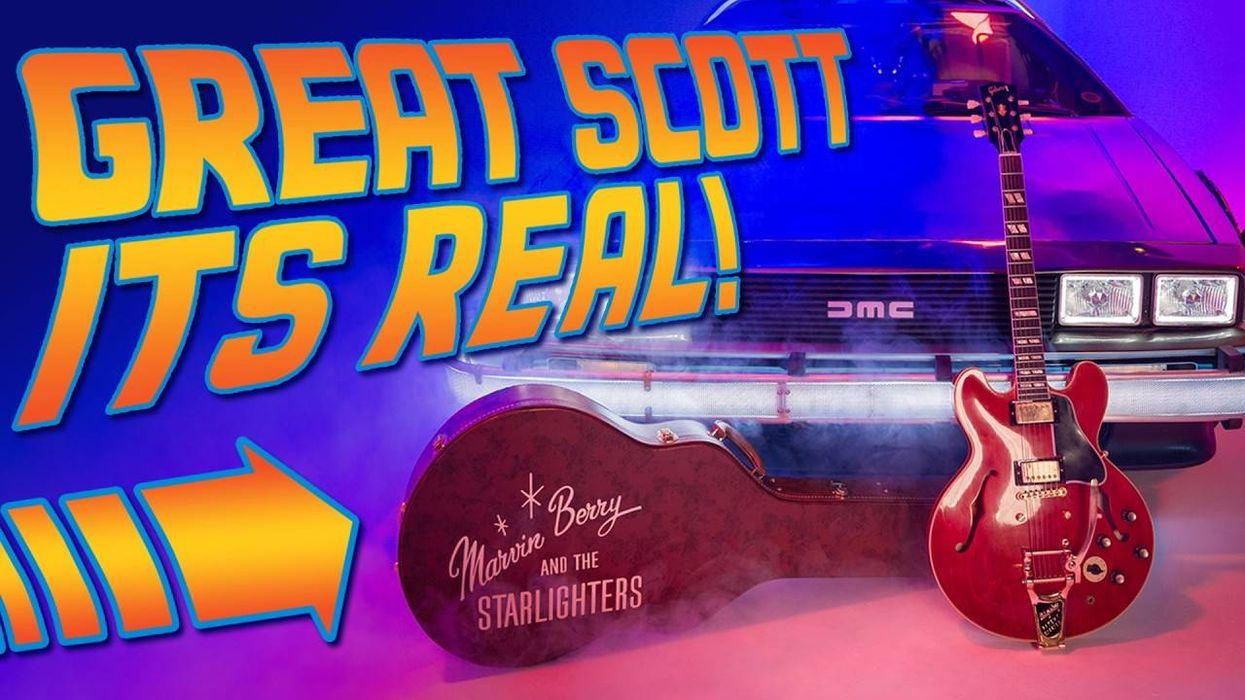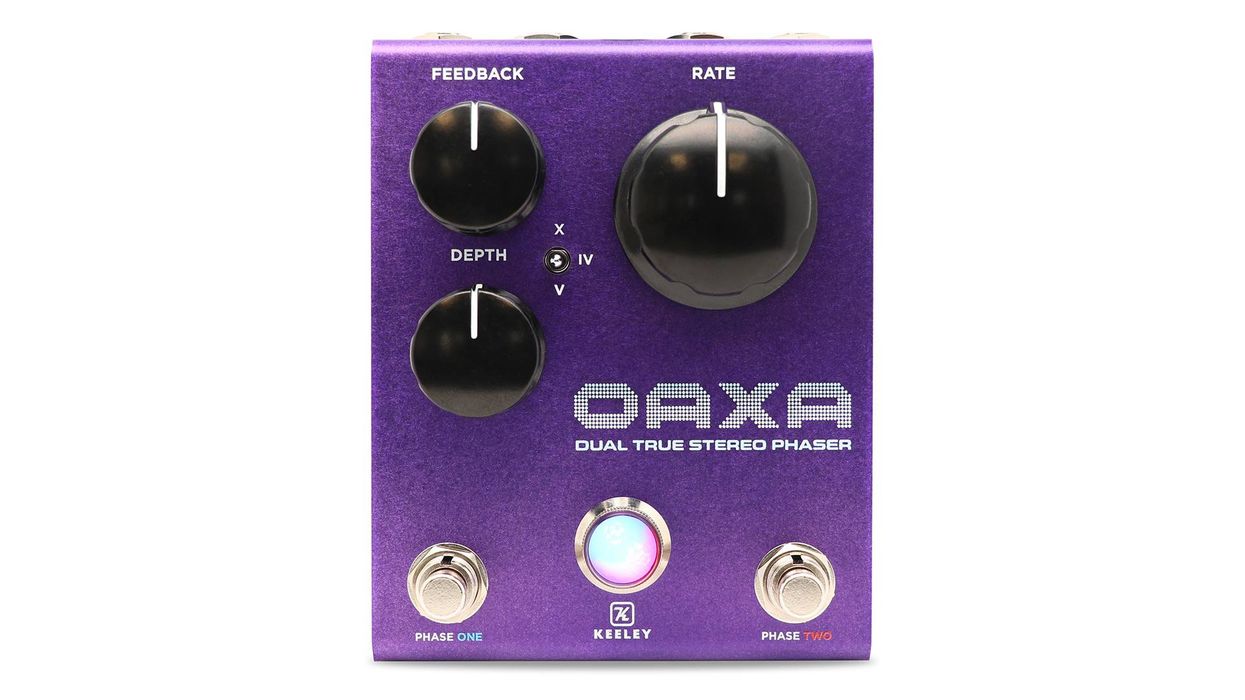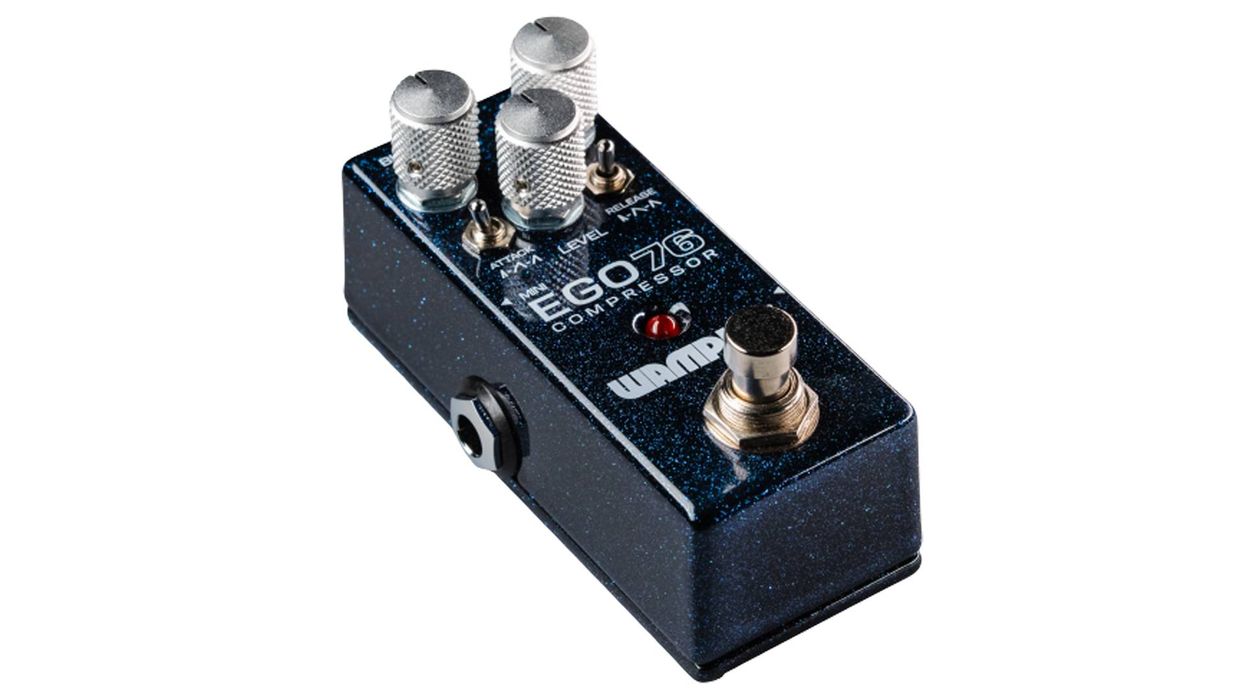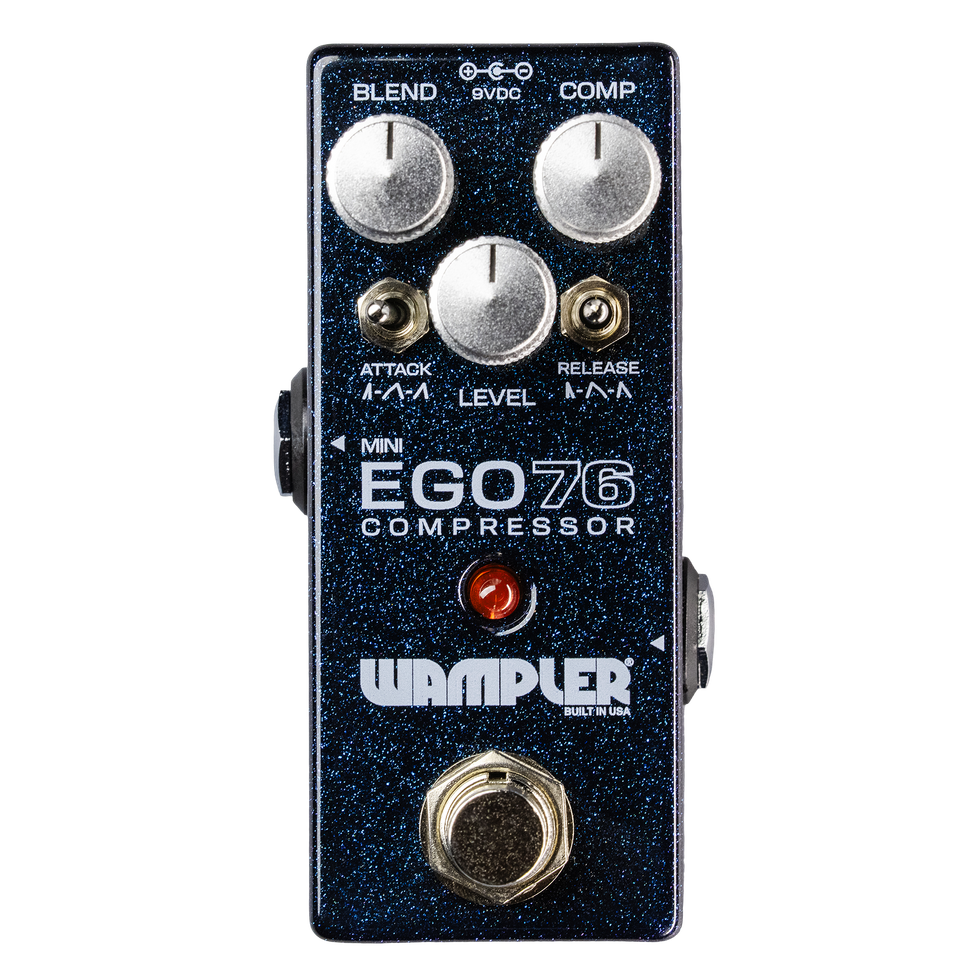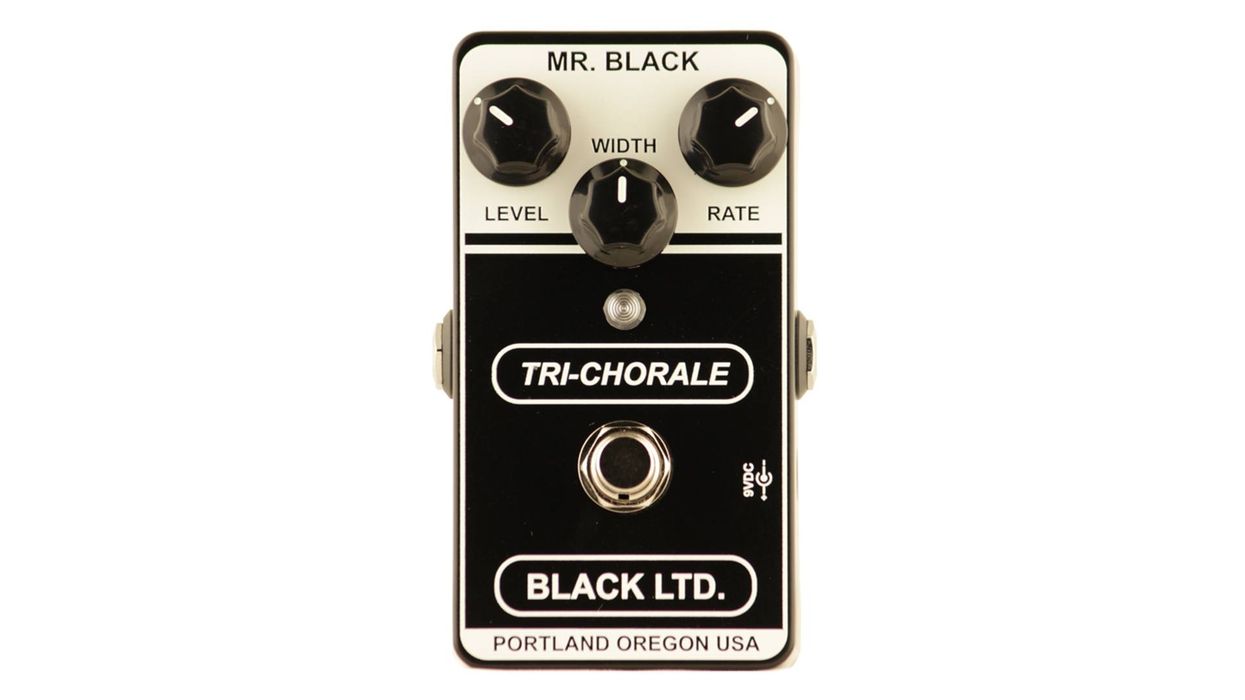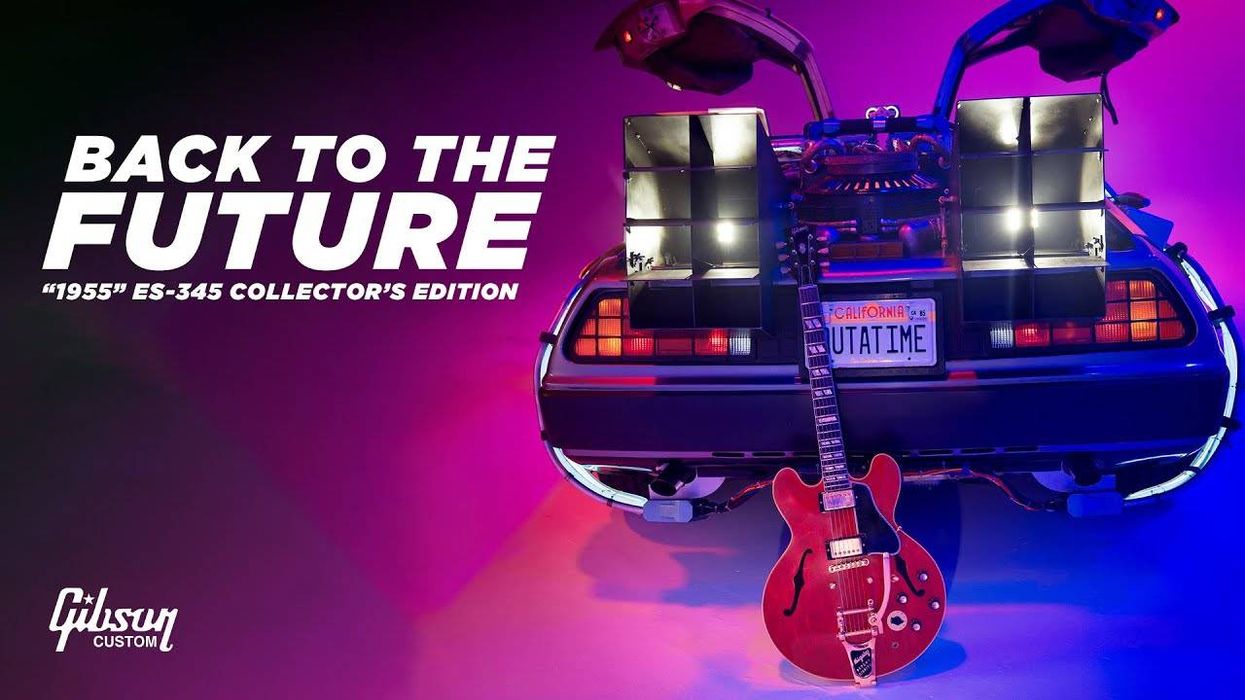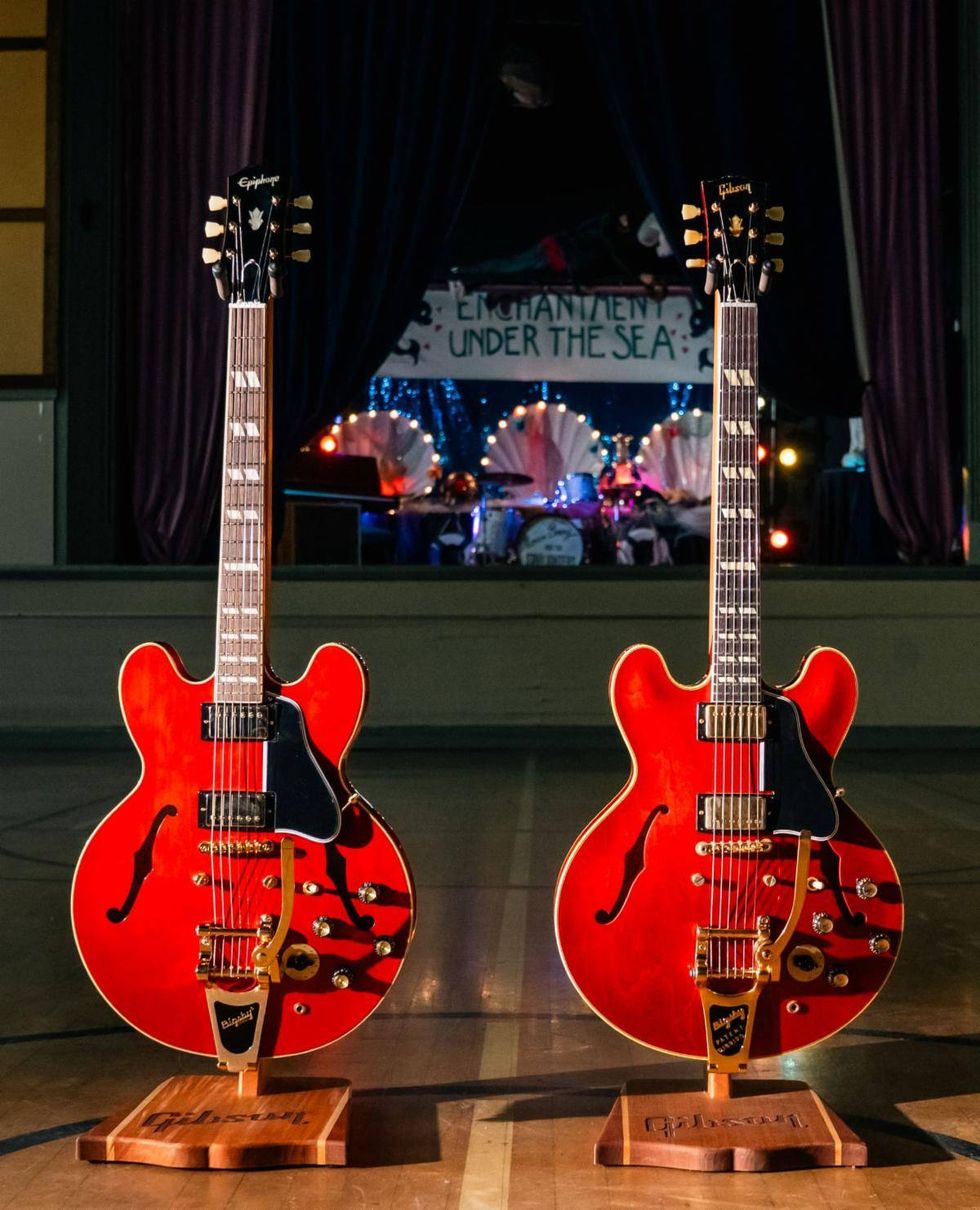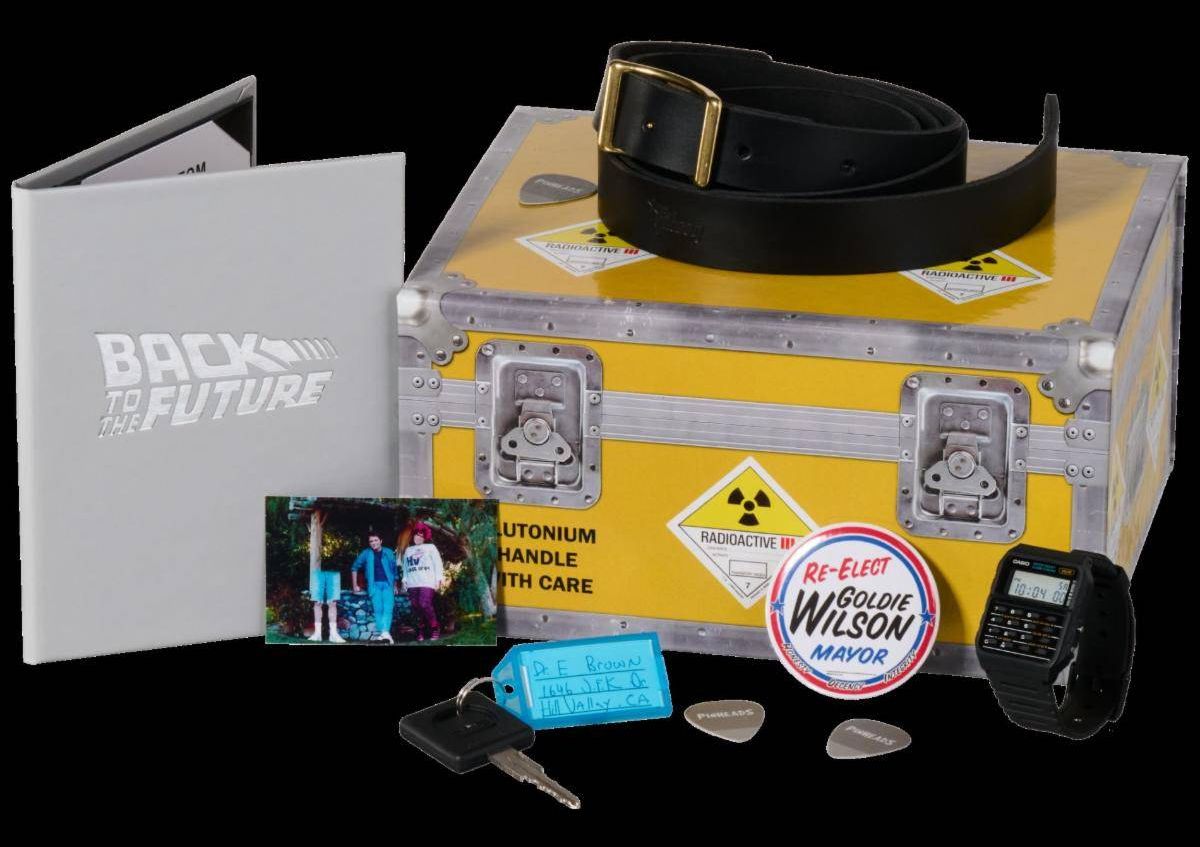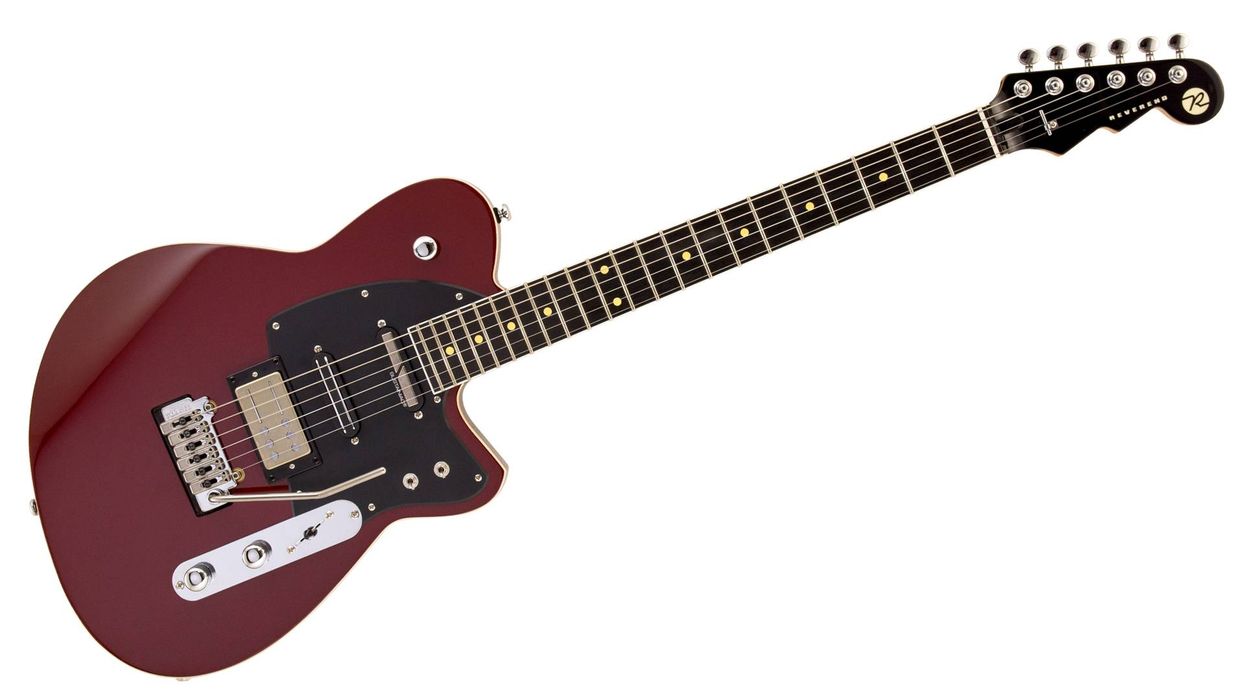Developed specifically for Tyler Bryant, the Black Magick Reverb TB is the high-power version of Supro's flagship 1x12 combo amplifier.
At the heart of this all-tube amp is a matched pair of military-grade Sovtek 5881 power tubes configured to deliver 35-Watts of pure Class A power. In addition to the upgraded power section, the Black Magick Reverb TB also features a “bright cap” modification on Channel 1, providing extra sparkle and added versatility when blended with the original Black Magick preamp on Channel 2.
The two complementary channels are summed in parallel and fed into a 2-band EQ followed by tube-driven spring reverb and tremolo effects plus a master volume to tame the output as needed. This unique, signature variant of the Black Magick Reverb is dressed in elegant Black Scandia tolex and comes loaded with a custom-built Supro BD12 speaker made by Celestion.
Price: $1,699.
